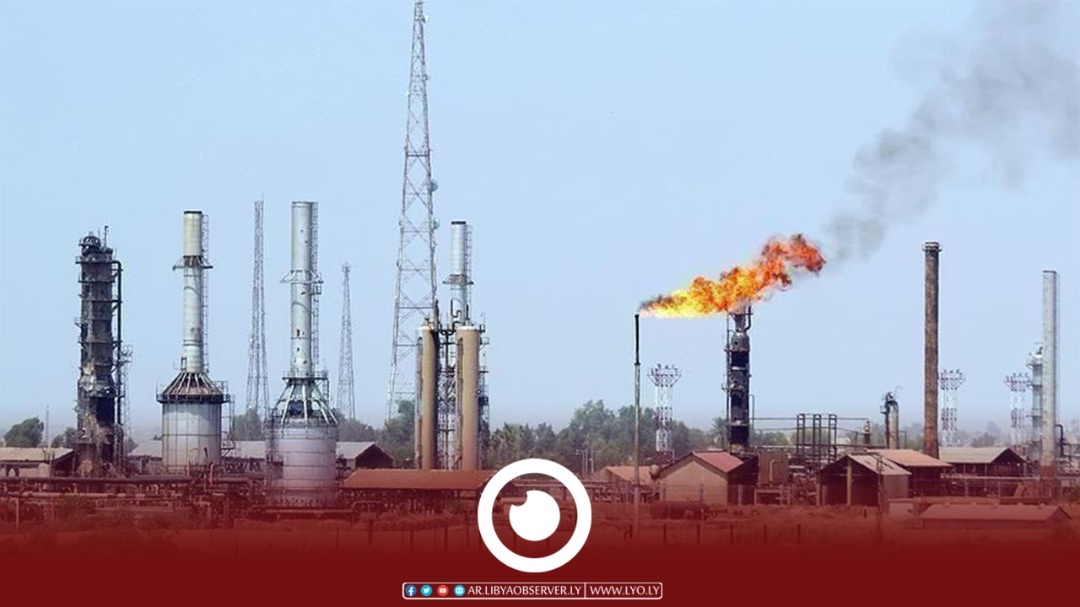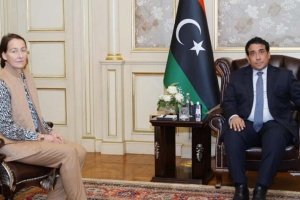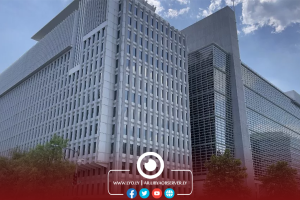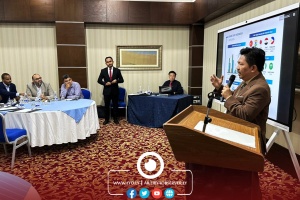The World Bank expected the Libyan economy to grow by a rate ranging between 4.8 and 5.8% from 2024 to 2026 provided that political stability and the oil sector in general would remain stable.
It explained in a report on economic developments in the Middle East and North Africa on Monday that the budget of the Government of National Unity was almost balanced, as the improvement in government revenues was balanced by increased spending on wages and subsidies as well as part of the required reconstruction.
The World Bank expected the current account surplus to stabilize at about 26% to 28% of GDP during the period from 2024 to 2026, provided that the oil production would remain stable, noting that these expectations are subject to a great deal of uncertainty and negative risks.
The report indicated that half of the working-age population is active in the labor market, and most of them (44%) work in the public sector, adding that the unemployment rate is estimated at 15.3% as of 2022, with rates among women and youth rising by 18.4% and 23.1%, respectively.
The report added that competition over control of oil wealth and the pursuit of rents continued to weaken the recovery of the economy and the confidence of citizens, as the main challenges facing Libya remain in finding a peaceful solution to political divisions, improving the transparent and effective management of oil wealth, and rebuilding as well as diversifying the economy.








